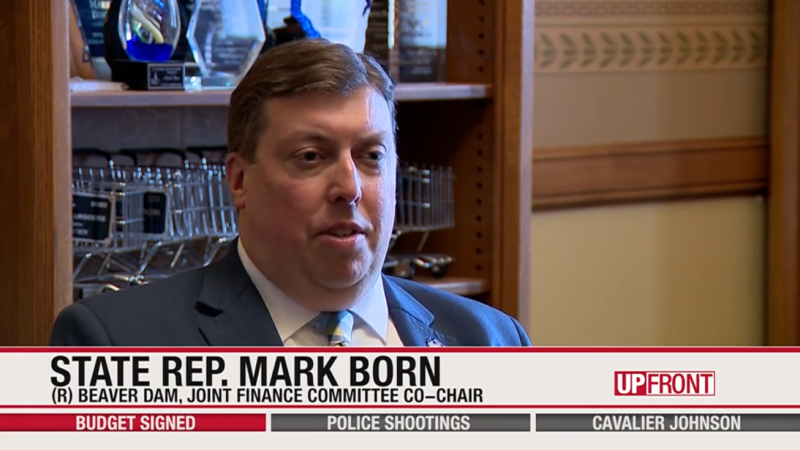State Rep. Mark Born, co-chair of the state budget committee, says everyone can claim wins when reflecting on the state budget deal negotiated and now signed by Gov. Tony Evers. "Certainly he's going to point to the things he likes," Born said on WISN 12's "UpFront" which is produced in partnership with WisPolitics. "We're going to point to the things we like. That's a compromise. And so are there...
Please log in to access subscriber content.
If you don't have a subscription, please contact schmies@wispolitics.com for subscription options on the WisPolitics-State Affairs platform, which is the new home for WisPolitics subscriber products.

